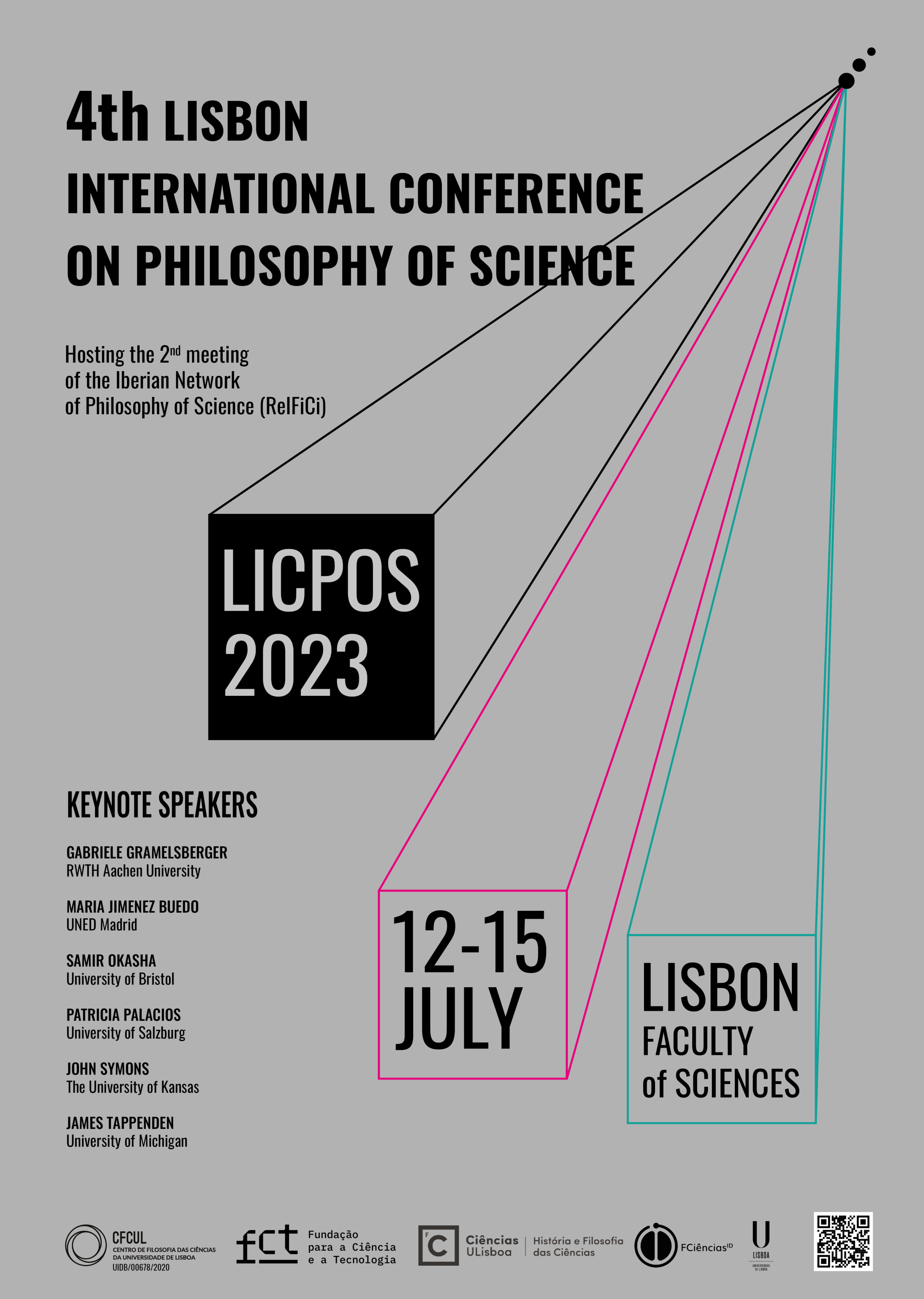
In a review paper of 2010, Sarah S. Richardson lamented the marginalization of feminist philosophy within mainstream philosophy of science, largely due to a hostile academic environment that is eager to trivialize feminist accounts of the non-neutrality of science as “anti-science” and “relativist” (Gross and Levitt, 1994; Kitcher, 2022). In the same article, on a more positive note, she examined the benefits and limitations of case-study-based research in feminist epistemology that explores gender bias in science, and suggested that “a project for the next generation of feminist philosophers of science is to continue to explore, develop, and articulate philosophical frameworks for modeling the interaction between gender ideologies and science—in ways inclusive of, but not restricted to, the question of bias.” (Richardson, 2010).
Drawing on Richardson’s suggestions and preoccupations, and keeping in mind that feminist philosophical analysis of science is an eminently interdisciplinary endeavor, for this symposium we invite scholars working in the field of philosophy of science, history of science, (social) epistemology, STS, anthropology, social sciences, visual studies, and post/decolonial studies to present: (1) papers that discuss how gendered norms, assumptions, languages, and metaphors shape scientific theories, models, and practices; (2) papers that discuss the current situation of feminist epistemology as a legitimate theoretical position within mainstream philosophy of science, with particular attention to the seminal debates on objectivity, scientific realism/antirealism, and the scientific method.
Gross, P.R. and Levitt, N. (1994), Higher Superstition: The Academic Left and its Quarrel with Science, John Hopkins University Press
Kitcher, P. (2022), The third way: Reflections on Helen Longino’s The Fate of Knowledge. Philosophy of Science, 59, 549-559
Richardson, S.S. (2010), Feminist philosophy of science: history, contributions, and challenges. Synthese, 177(3), 337–362
Comunicações:
Blanca Luque Linero (CFCUL/Univ. Sevilha) – Does feminism contribute to a naturalistic epistemology?
Elisa García Lara (Independent scholar) – Challenging patriarchy and hierarchies of knowledge in defining progress
Elena Popa (Jagiellonian University, Krakow) – Making Science Worthy of Trust: Lessons from Feminist Epistemology
Abhishek Kashyap (Indian Institute of Technology Guwahati) & Priya Sharma(Indian Institute of Technology Bombay) – Towards an Epistemically Robust Midwifery in India
Emma Otterski (The University of Edinburgh) – Demystifying ‘camouflaging’ in autism
Alex Thinius (Harvard University; Radboud University) & Rose Trappes(University of Exeter) – Sex traits and individual differences: Binary assumptions in biological practice